Politics
Battles Over Local Government Elections
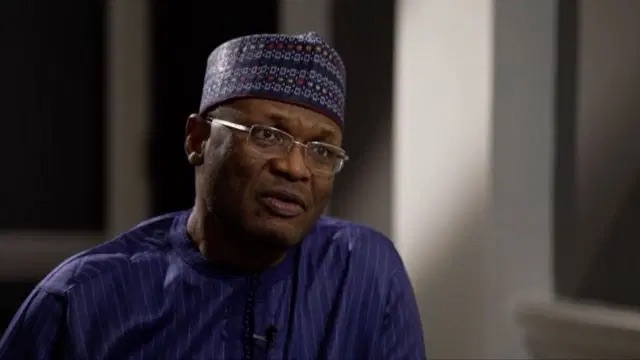
State Independent Electoral Commissions (SIECs) across Nigeria, established and controlled by state governors, have come under intense scrutiny for their alleged lack of independence and fairness in conducting local government elections. Critics argue that these commissions often function as extensions of the governors’ offices, selecting and installing loyalists as council leaders rather than conducting genuine elections. This practice has led some to derogatorily refer to SIECs as “State Electoral Selection Commissions.”
Political analysts point to the frequent “landslide” victories by ruling parties in local elections as evidence of SIECs’ manipulation. In many cases, governors saturate these commissions with their cronies, including kinsmen, political associates, and party members, ensuring that their preferred candidates win.
For example, in 2018, the Kaduna State local government elections, overseen by a relatively independent SIEC under then-Governor Nasir el Rufai, saw the opposition People’s Democratic Party (PDP) win several key seats, a rarity in Nigerian local government elections. This is seen as an exception that proves the rule: when state governors do not interfere, SIECs can conduct fairer elections.
However, in most states, the situation is different. In the recent Kebbi State local government elections on August 31, 2024, the ruling All Progressives Congress (APC) won all the Chairmanship and Councilorship positions, a result criticized as a sham. The PDP boycotted the election, accusing the Kebbi SIEC of being biased, with its leadership allegedly comprising APC members.
Similar controversies have arisen in other states. In Delta State, the APC withdrew from the July 13, 2024, local government elections, citing bias by the state’s SIEC, which resulted in the PDP sweeping nearly all the seats. In Ebonyi State, the recent local elections saw the ruling APC win all positions amid accusations of partisanship by the state SIEC.
The debate over SIECs’ credibility has fueled calls for administrative autonomy for local governments, with some advocating for the Independent National Electoral Commission (INEC) to take over the conduct of local elections. Proponents argue that this would ensure more transparency and fairness in the electoral process at the grassroots level.
However, not everyone supports this idea. Professor Chris Chimdubem Ngwu, Chairman of the Enugu State Independent Electoral Commission, opposes the notion of INEC taking over local elections, arguing that INEC already has its hands full with national elections and that it is not necessarily a model of electoral transparency itself.
As the battle over local government elections continues, the issue of SIEC’s independence and the fairness of local polls remains a contentious topic in Nigeria’s political landscape.
Politics
Amuwo-Odofin Comes Alive as Lagos Lawmaker Hosts Stakeholders in Town-Hall Meeting
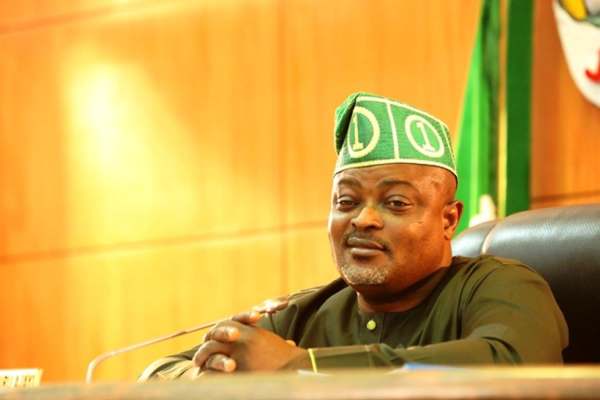
Stella Foluke Osafile, the Member representing Amuwo-Odofin Constituency 1 at the Lagos State House of Assembly, recently hosted the 9th edition of the annual constituency stakeholders’ meeting. The event, themed “Ensuring Food Security for a Sustainable Future: Youth Participation and Home-Grown Farming,” took place in Lagos, chaired by Honourable (Dr) Valentine Braimoh Oluwaseyi, Chairman of the Amuwo-Odofin Local Government Area.
In his opening remarks, Oluwaseyi praised Osafile for her effective representation and pledged his total support. He encouraged stakeholders to provide comprehensive feedback on the constituency’s needs, which would help Osafile advocate for their inclusion in the State’s 2025 budget.
Osafile expressed her gratitude for the significant turnout and highlighted that this was her first annual meeting as a representative. She assured attendees of her commitment to robustly represent the constituency in the coming years.
To combat food insufficiency, she shared her initiatives aimed at transforming Lagos into a food-producing state, emphasizing “Empowerment Through Urban Agriculture,” which has successfully engaged local youths in cultivating various vegetables and fruits.
She urged participants to utilize available spaces in their homes for hydroponic and vertical farming, promoting the adoption of innovative agricultural practices despite the area’s high density. Osafile also introduced a new sweet vegetable, steviol, which can be easily grown at home, and announced plans to collaborate with the International Institute of Tropical Agriculture (IITA) in Ibadan to train constituents in agricultural practices.
Dr. Mudashiru Ajayi Obasa, the Speaker of the Lagos State House of Assembly, delivered a speech through Osafile, highlighting the assembly’s initiatives to boost agricultural productivity, such as the establishment of a 34-hectare fish farm estate in Ikorodu. He emphasized the importance of a comprehensive approach to food security, which includes availability, accessibility, affordability, and nutritional value.
The Speaker also referenced a recent initiative by Nigeria’s First Lady, Mrs. Oluremi Tinubu, who launched the “Every Home a Garden Competition” and inaugurated the Young Farmers Club of Nigeria to foster interest in agriculture among the youth. These efforts aim to nurture a new generation equipped with modern farming techniques to achieve sustainable food self-sufficiency in line with the current administration’s food security campaign.
Politics
“Give Tinubu 40 Years, He Won’t Go Anywhere” – Adebayo
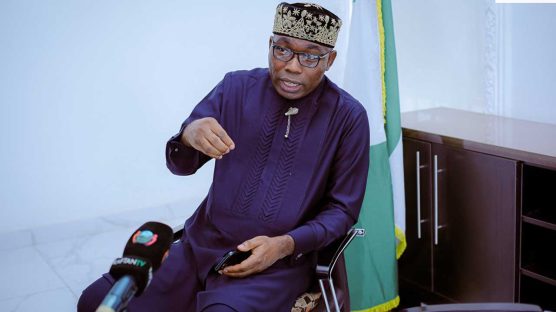
Prince Adewole Adebayo, the candidate of the Social Democratic Party (SDP) in the 2023 presidential election, has criticized President **Bola Tinubu**’s neoliberal economic policies, asserting that they will yield no significant results even over the next 40 years.
Adebayo pointed out that a primary goal of monetary policy in a neoliberal framework is to achieve full employment, a target he claims the Tinubu administration has failed to meet. “They are not going anywhere. You can give them 40 years, but they are not going anywhere,” he stated.
He attributed the country’s economic challenges to the lack of effective policies from the All Progressives Congress (APC) government under Tinubu, arguing that they have failed to articulate a clear economic agenda. “Dodging debate is not an economic policy. They did not understand the implications of the decisions they were taking,” he remarked.
Adebayo emphasized that political leaders should come to power based on their ideas and capabilities rather than their financial clout. He lamented that current leaders seem more focused on conducting business rather than governing effectively for the benefit of the Nigerian populace.
According to Adebayo, the government’s mercantile approach treats citizens as customers rather than constituents. He expressed concern that instead of providing adequate public services, leaders prioritize profit, leading to issues like fuel hoarding and underfunded public education.
He concluded by criticizing the administration’s compliance with the constitutional provisions regarding governance, stating that they are not ready to fulfill their responsibilities as outlined in the Nigerian Constitution.
Politics
Presidency Assures: No Leadership Void as Tinubu, Shettima Remain Engaged Abroad
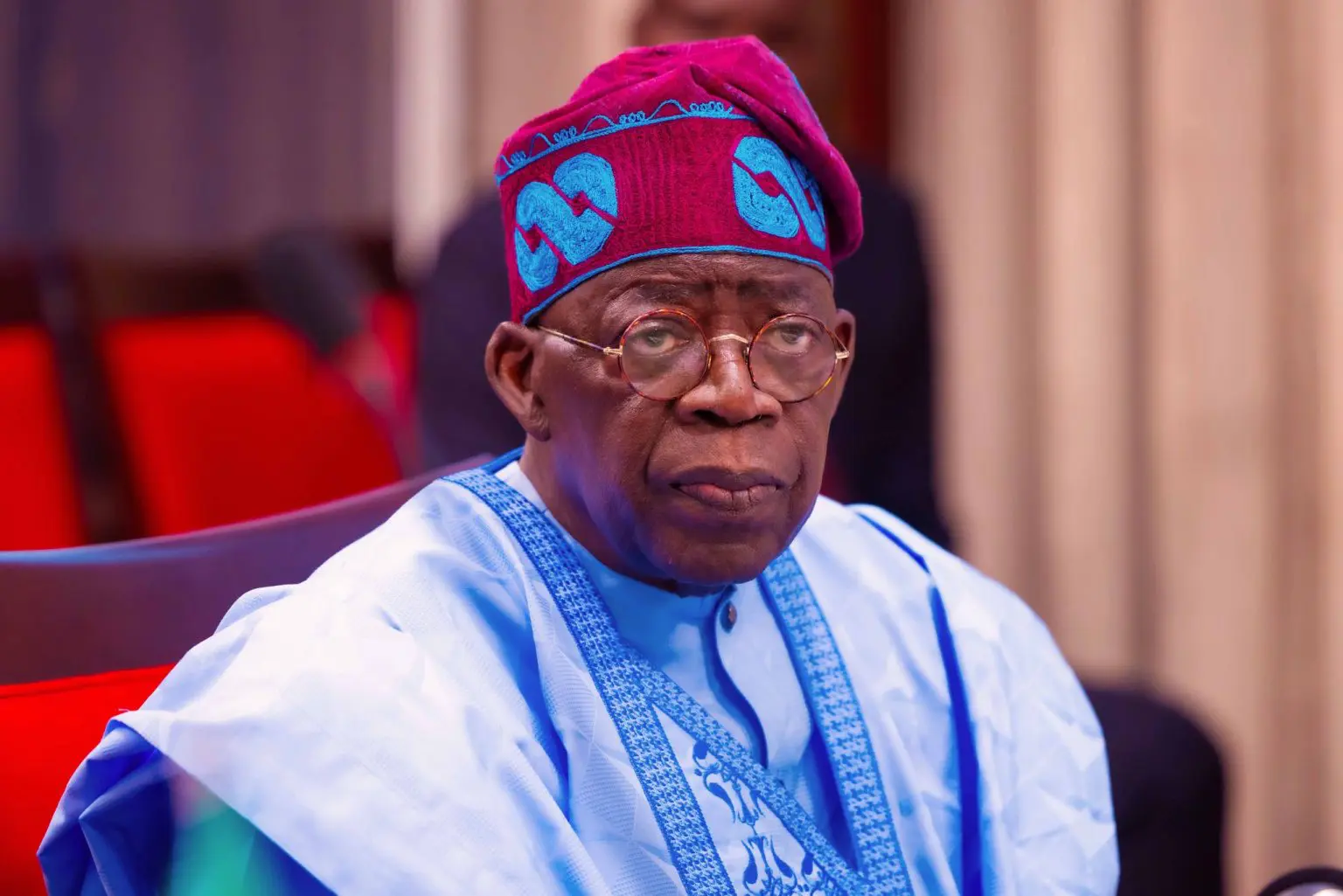
The Presidency has reassured the public that there is no leadership vacuum despite the absence of both President Bola Tinubu and Vice President Kashim Shettima, who are currently abroad. In a statement issued by the Special Adviser on Information and Strategy, Bayo Onanuga, the administration confirmed that both leaders are actively engaged in national affairs, even while outside the country.
President Tinubu departed on October 3 for a two-week working vacation, while Vice President Shettima left for Sweden on October 16 for official duties. Onanuga emphasized that both leaders continue to oversee the nation’s affairs, ensuring smooth governance.
This situation, according to the spokesperson, is not unprecedented. He referenced similar instances in 2022 when former President Muhammadu Buhari and then-Vice President Yemi Osinbajo were both out of the country. The government continued functioning smoothly during their simultaneous absence.
Onanuga’s statement reiterated that all state organs are fully operational, with key officials such as the Senate President, Ministers, and Service Chiefs remaining in their respective roles. “There is no leadership vacuum,” he stressed, noting that President Tinubu is actively handling matters remotely.
However, some critics, including former Vice President Atiku Abubakar, have raised concerns about the absence of both leaders during a challenging period for the nation. Abubakar questioned if Nigeria was on “autopilot.” Meanwhile, public affairs analyst Dr. Abubakar Sani acknowledged these concerns but pointed out that the Constitution does not mandate the president’s constant physical presence to ensure governance.
The Presidency’s stance underscores that modern technology allows leaders to remain in control, even when away from the country, and affirms that government operations remain uninterrupted.
-

 Entertainment22 hours ago
Entertainment22 hours agoDavido Declares ‘Timeless’ His Best Album
-
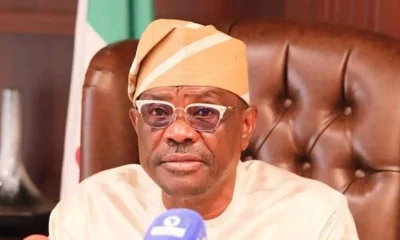
 Business22 hours ago
Business22 hours agoWike Urges Nigerians to Pay Taxes for Improved Social Services
-

 Entertainment22 hours ago
Entertainment22 hours ago‘Adire’ Secures Four Nominations at the Best of Nollywood Awards
-

 Sports22 hours ago
Sports22 hours agoMessi Matches Ronaldo’s Record with Hat-Trick Against Bolivia
-
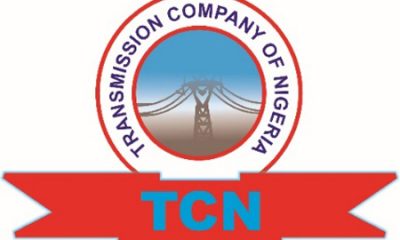
 News22 hours ago
News22 hours agoTCN Acknowledges 7th Grid Collapse in 2024
-

 Business22 hours ago
Business22 hours agoShehu Sani Criticizes World Bank Over Nigeria’s Economic Outlook
-

 Foreign24 hours ago
Foreign24 hours agoQinling Mountains better safeguarded with comprehensive digital platform
-

 Entertainment22 hours ago
Entertainment22 hours agoVan Vicker Celebrates 21st Wedding Anniversary: “I Have No Regrets”








